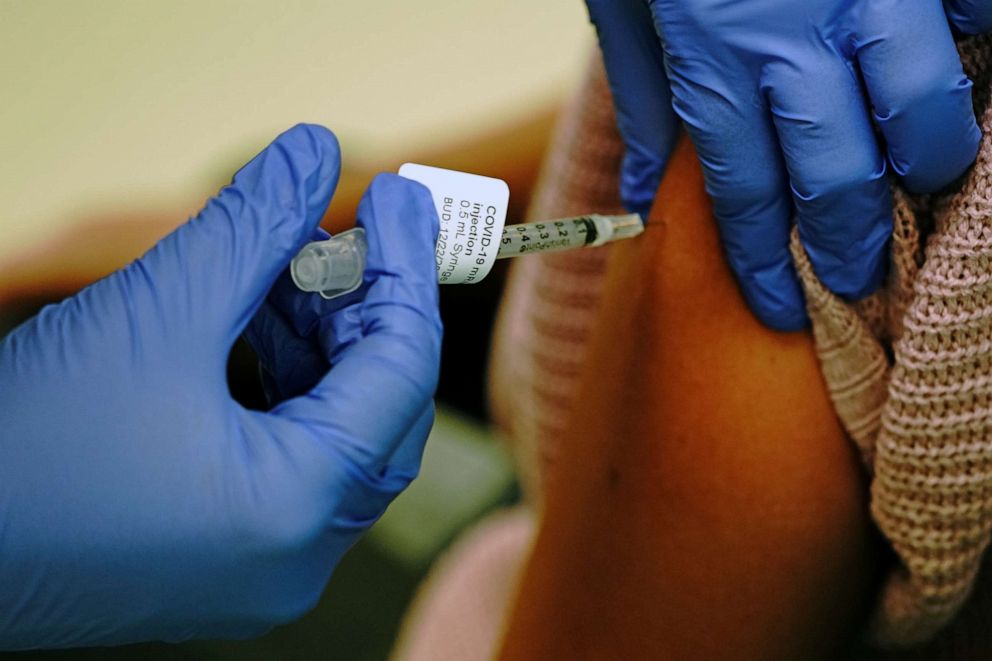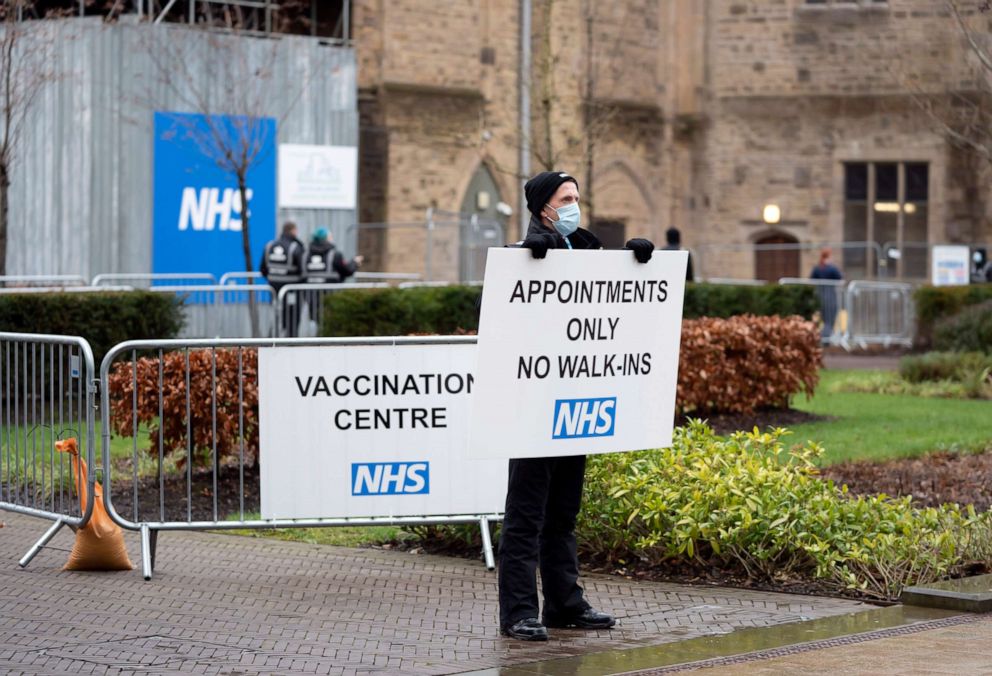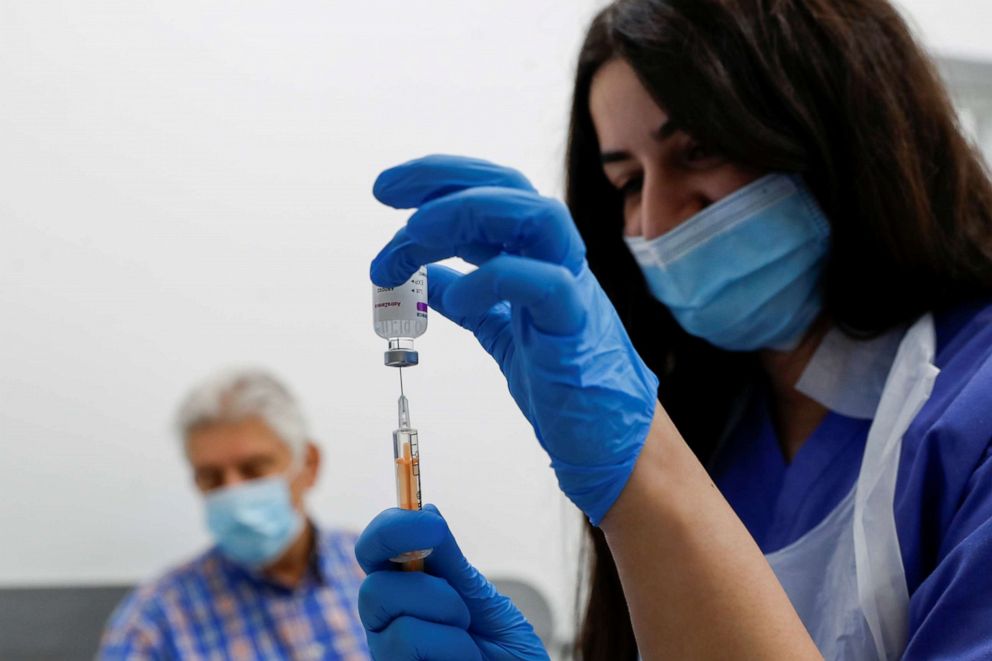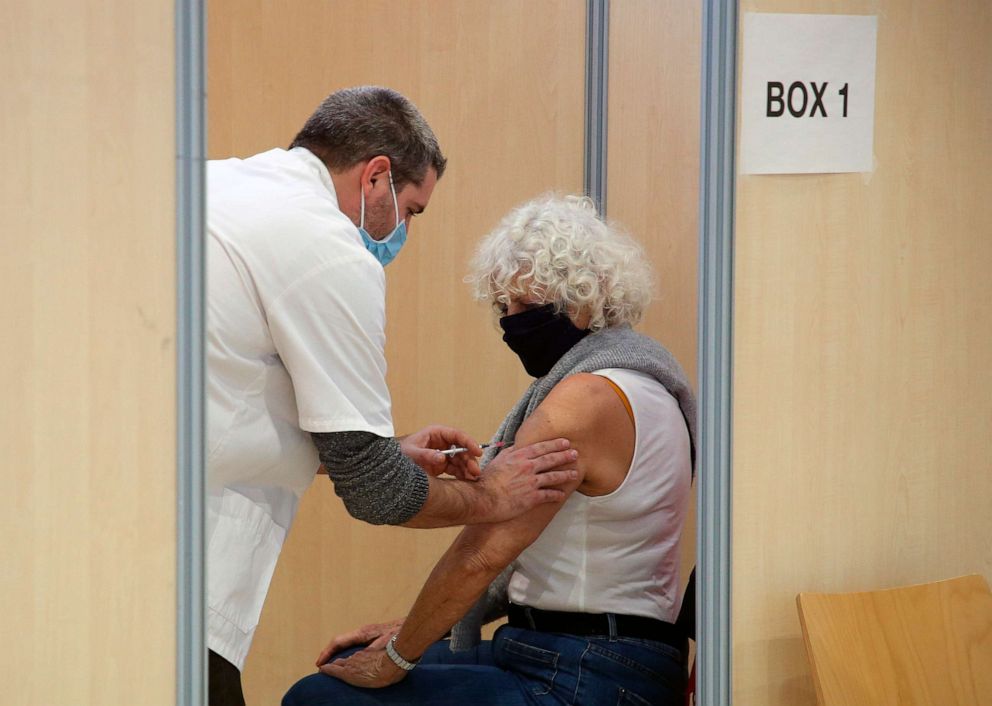Norway says it 'can't rule out' vaccine side effects in 23 deaths
Twenty-three reports of suspected deaths associated with COVID-19 vaccines have been submitted to Norway's national health registry as of Jan. 14, according to an updated statement from the country's drug regulator on Monday.
The Norwegian Medicines Agency said it "cannot rule out that adverse reactions to the vaccine occurring within the first days following vaccination (such as fever and nausea) may contribute to more serious course and fatal outcome in patients with severe underlying disease."
Thirteen of those reports have been assessed by the drug regulator, as well as the Norwegian Institute of Public Health.
"The reports suggest that common adverse reactions to mRNA vaccines, such as fever and nausea, may have contributed to a fatal outcome in some frail patients," Sigurd Hortemo, chief physician at the Norwegian Medicines Agency, said in the statement.
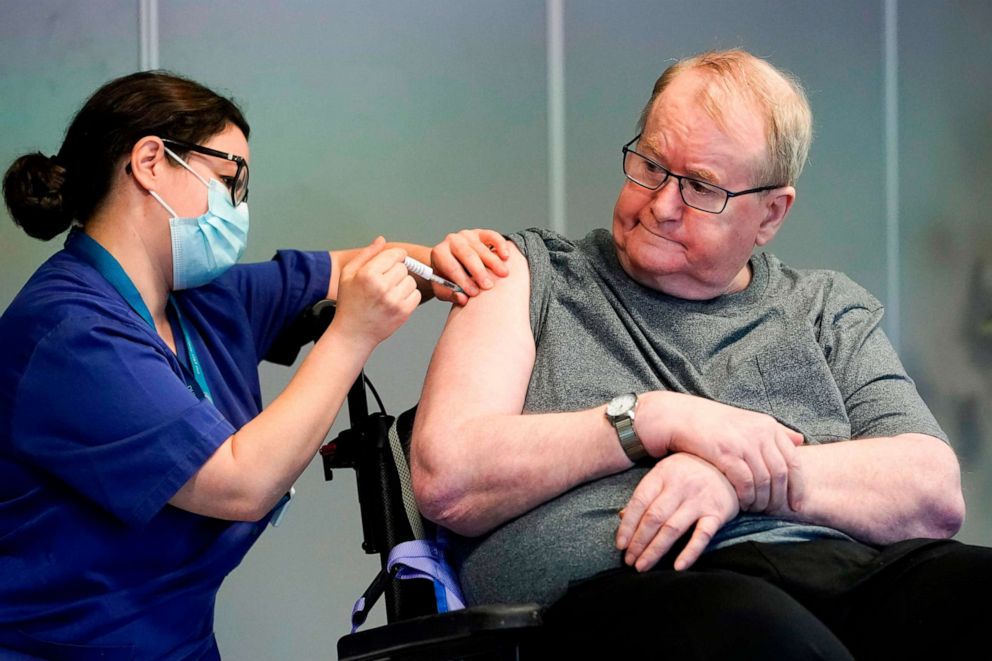
Steinar Madsen, medical director of the Norwegian Medicines Agency, told the state-run broadcaster NRK: "We are not alarmed by this."
"It is quite clear that these vaccines have very little risk, with a small exception for the frailest patients," Madsen said. "Doctors must now carefully consider who should be vaccinated. Those who are very frail and at the very end of life can be vaccinated after an individual assessment."
Norway is currently administering COVID-19 vaccines to the elderly and people in nursing homes with serious underlying diseases -- at first with just the Pfizer/BioNTech vaccine up until Jan. 15, and then also with the Moderna vaccine. Official figures show that more than 30,000 people have received the first shot of the Pfizer or Moderna vaccines in Norway since the end of December.
According to the Norwegian Medicines Agency, an average of 400 people die each week in nursing homes and long-term care facilities nationwide.
The Scandinavian country of 5.3 million people has confirmed more than 58,000 cases of COVID-19 since the start of the pandemic, including at least 521 deaths, according to the latest data from the Norwegian Institute of Public Health.
